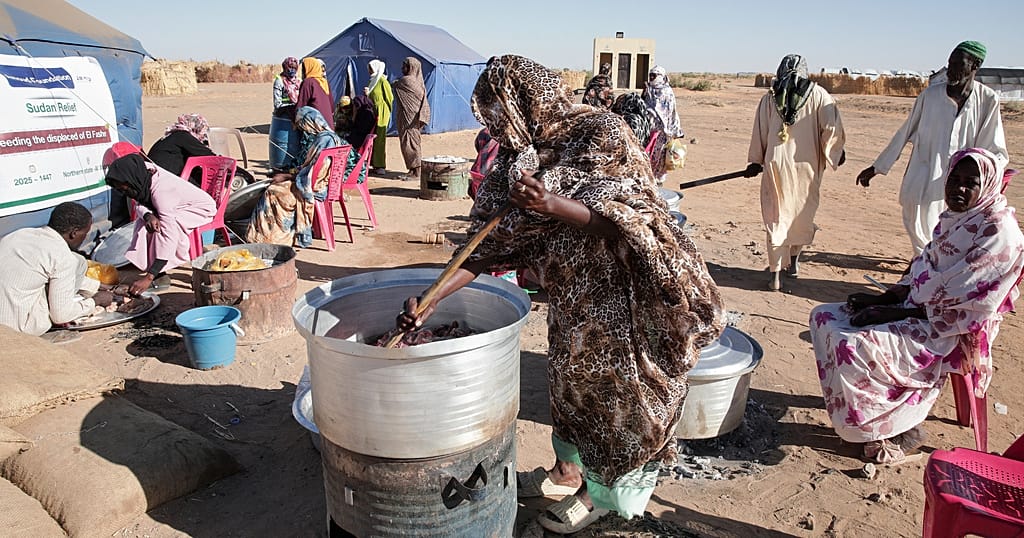The Black Sea Grain Initiative under threat from Russia
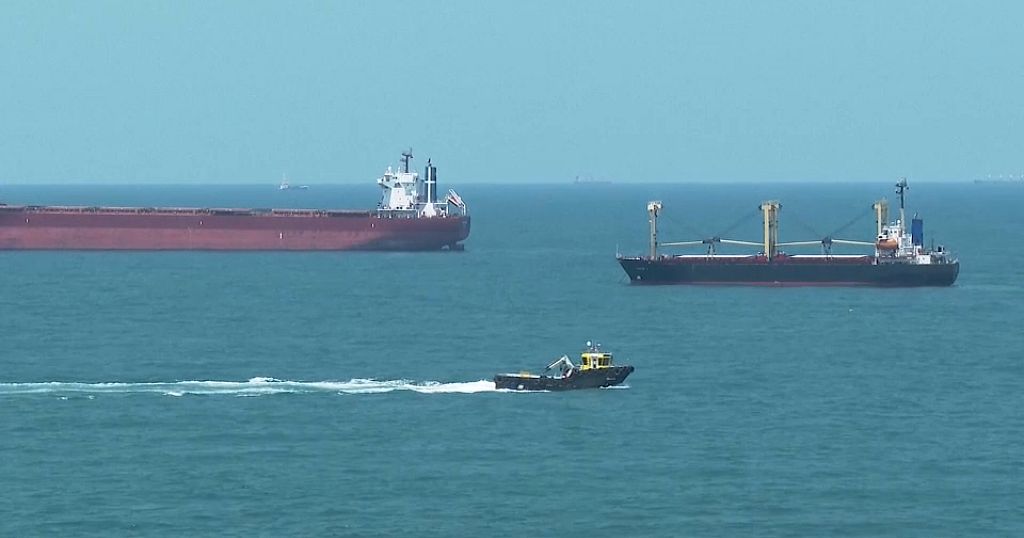
Concerns are growing that Russia will not extend a U.N.-brokered deal that allows grain to flow from Ukraine to parts of the world struggling with hunger, with ships no longer heading to the war-torn country’s Black Sea ports and food exports dwindling.
Turkey and the U.N. negotiated the breakthrough accord last summer to ease a global food crisis.
It came with a separate agreement to facilitate shipments of Russian food and fertiliser, which Moscow insists hasn’t been applied.
However, data shows that it’s been exporting huge amounts of wheat.
Russian officials repeatedly say there are no grounds for extending the deal, which is up for renewal Monday.
It’s something they have threatened before — then have twice gone on to renew the deal for 60 days instead of the 120 days outlined in the agreement.
The U.N. and others are striving to keep the fragile deal intact, with Ukraine and Russia both major suppliers of wheat, barley, vegetable oil and other food products that countries in Africa, the Middle East and parts of Asia rely on.
It has allowed Ukraine to ship 32.8 million metric tons of grain, more than half of it to developing nations.
The deal has helped lower prices of food commodities like wheat after they surged to record highs following the invasion last year, but that relief has not reached kitchen tables.
Russia’s exit would cut off a source for World Food Program aid for countries at risk of famine, including Somalia, Ethiopia and Afghanistan, and compound food security problems in vulnerable places struggling with conflict, economic crisis and climate factors like drought.
The amount of grain leaving Ukraine already has dropped, with Russia accused of slowing joint inspections of ships by Russian, Ukrainian, U.N. and Turkish officials and refusing to allow more vessels to join the Black Sea Grain Initiative.
Average daily inspections — meant to ensure vessels carry only food and not weapons that could aid either side — have fallen from a peak of 11 in October to just over 2 last month.
That has led to a decline in grain exports, from a high of 4.2 million metric tons in October to 1.3 million in May, a low for the year-old initiative.
They rose to 2 million in June as shipment sizes grew.
The U.N. has been negotiating with Russia to stick with the initiative, with Secretary-General Antonio Guterres calling “on all concerned to prioritise global food security,” his spokesperson, Farhan Haq, said in a statement Friday.
Ukraine is urging global support to “stop Russia’s food blackmail,” the Infrastructure Ministry said.
Russia insists its part of the deal has not gotten off the ground, blaming Western sanctions.
While sanctions don’t effect food and fertiliser, Moscow is seeking carveouts from restrictions on the Russian Agricultural Bank, as well as movement on its ammonia, a key ingredient in fertiliser, to a Ukrainian Black Sea port. But the ammonia pipeline has been damaged in the war, the U.N. said.
Russia, however, has increased its wheat exports to the highest levels in years following a large harvest.
Shipments went from 33 million metric tons in 2021 to 44 million metric tons last year to expectations of 46 million this year, according to S&P Global Commodity Insights.
Meanwhile, Ukraine’s shipments have fallen by around 60% because of the war, from 19 million tons in 2021 to predictions of about 7 or 8 million tons this year — a big hit to its agriculture-dependent economy.
“The countries that had relied on Ukraine for their imports are going to have to look at other sources for imports, very likely Russia, which which is something that I imagine Russia was intending,” said Caitlin Welsh, director of the Global Food and Water Security Program at the Center for Strategic and International Studies.
With less from Ukraine and more from Russia, the world’s available wheat stocks are the same as in 2021 — and there is enough of it to go around, according to experts.
Europe and Argentina are increasing wheat production, while Brazil saw a banner year for corn, of which Ukraine is also a major supplier.
Ukraine can send its food by land or river through Europe, so it wouldn’t be completely cut off from selling grain, but those routes have a lower capacity than sea shipments and have stirred disunity in the European Union.
While the U.N. Food and Agriculture Organisation’s food price index has fallen below the record highs it hit when Russian troops entered Ukraine, food costs were already high because of COVID-19, conflict and drought.
Then Russia’s war helped push up the costs to produce food — including energy, fertiliser and transportation — meaning the price tags at the grocery store are still elevated.
In developing nations that are increasingly relying on imported food, from Kenya to Syria, weakening currencies are keeping domestic prices high because they are paying in U.S. dollars.
***Agencies***
Source: Africanews



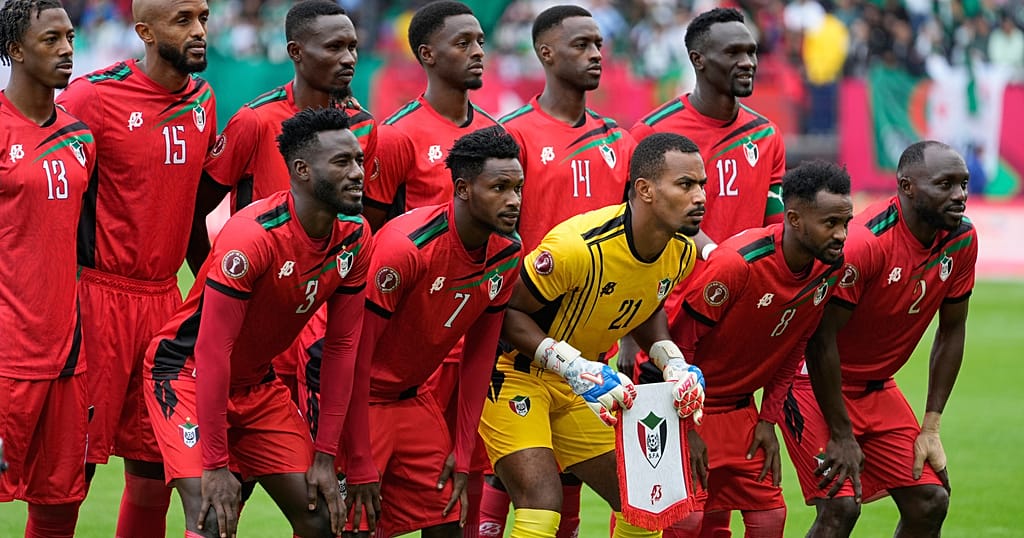
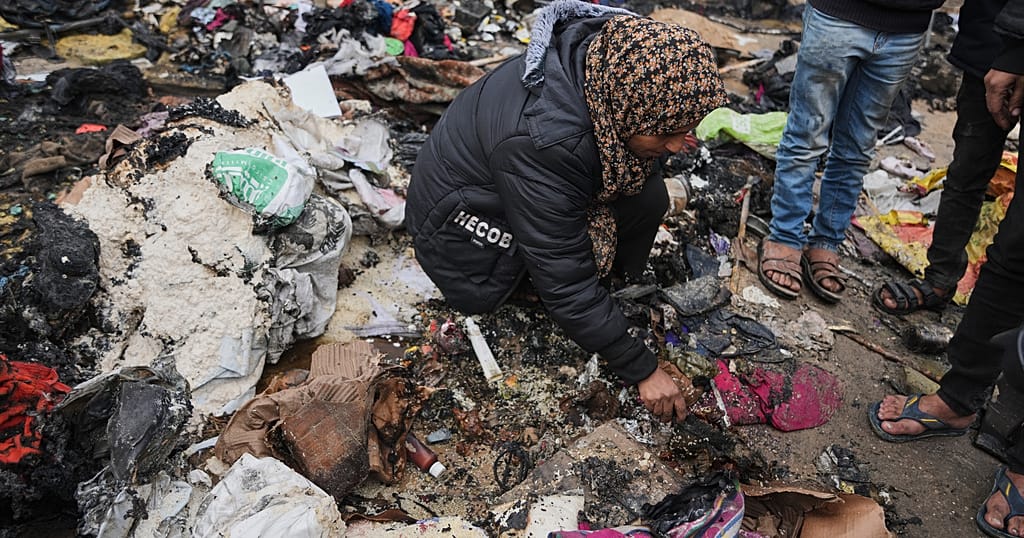

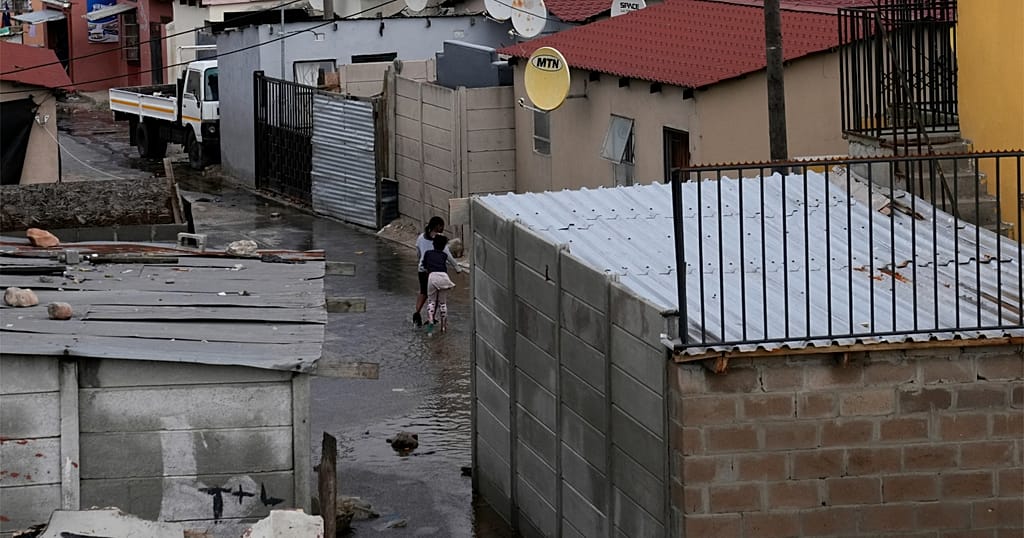
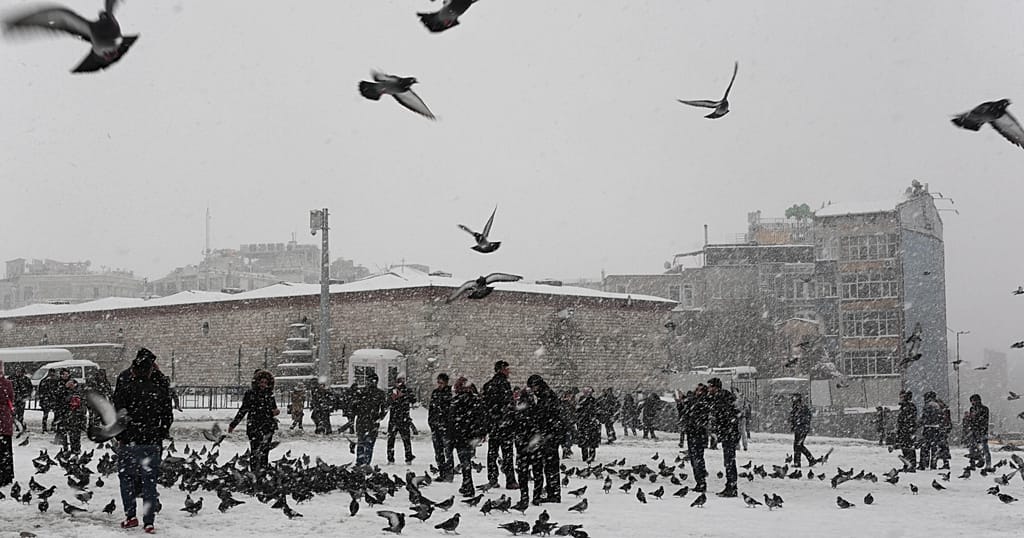

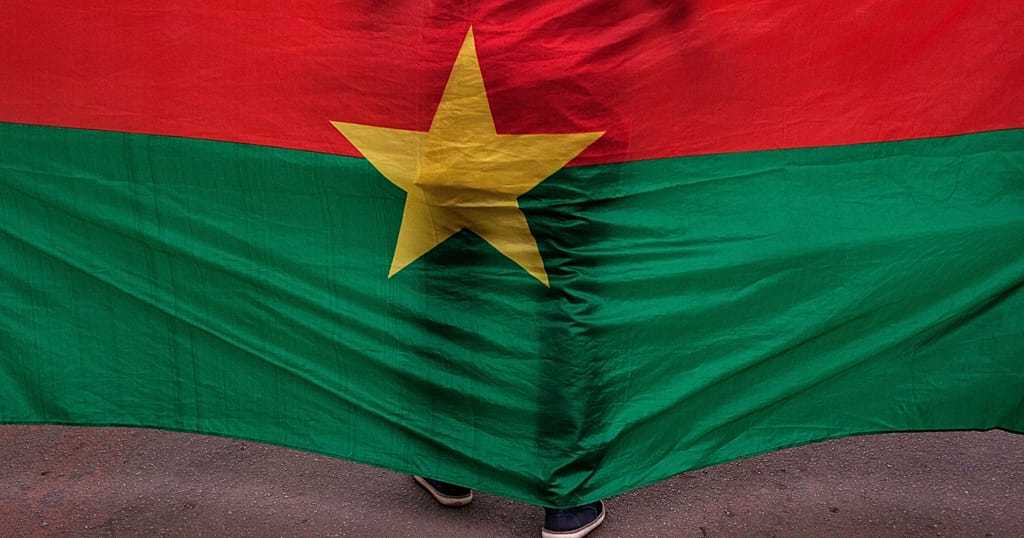
![Africa’s economy to expand in 2026 despite risks [Business Africa] Africa’s economy to expand in 2026 despite risks [Business Africa]](https://images.euronews.com/articles/stories/09/59/18/91/1024x538_cmsv2_a090e29c-4edc-5b24-a887-6dea31e3ec4e-9591891.jpg)
